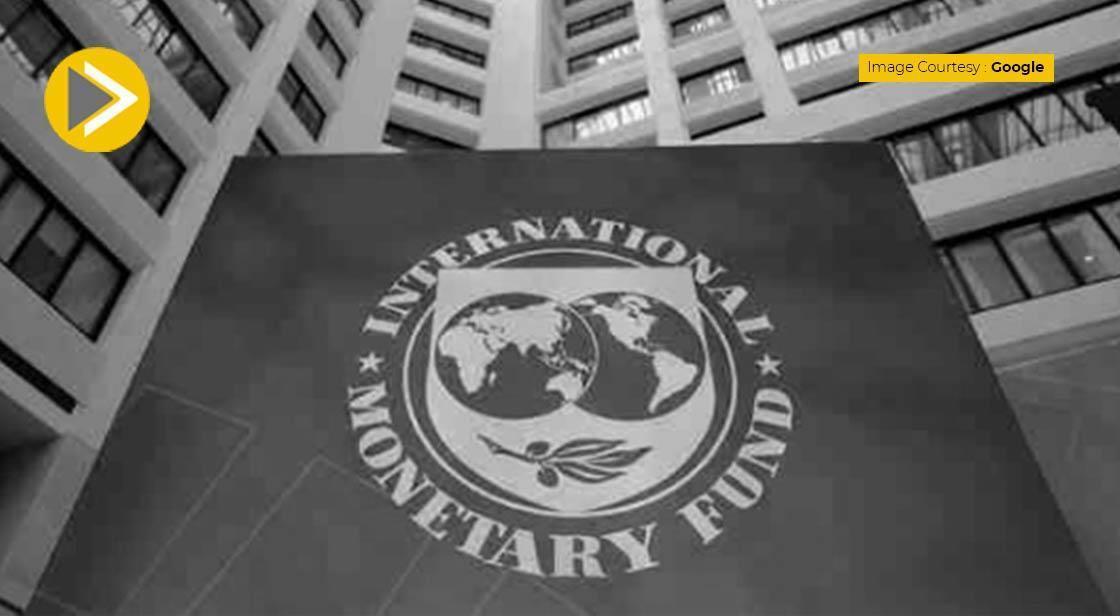Ex-RBI Governor Urjit Patel Takes Charge as IMF Executive Director

News Synopsis
Former Reserve Bank of India (RBI) Governor Urjit Patel has been appointed as Executive Director at the International Monetary Fund (IMF) for a three-year term. The government announced the appointment on Friday. Patel succeeds K. Subramanian and will represent India, along with Bangladesh, Bhutan, and Sri Lanka, at the Washington-based global financial institution. This role marks a return to the IMF for Patel, where his career began over three decades ago.
Early Career and Education
Urjit Patel has a distinguished academic background in economics:
-
B.Sc. in Economics from the London School of Economics
-
M.Phil. from Oxford University
-
Ph.D. in Economics from Yale University
Patel began his career at the IMF in the early 1990s, working on India’s desk and focusing on fiscal policy and structural reforms during a critical period of economic liberalisation. This early experience laid the foundation for his extensive career in public policy and financial institutions.
Professional Journey and Roles
Over the years, Patel has built a comprehensive portfolio across public policy, academia, and financial institutions:
-
Served as Vice President for Investment Operations at the Asian Infrastructure Investment Bank (AIIB)
-
Held senior roles at Reliance Industries and Infrastructure Development Finance Company (IDFC)
-
Chaired the National Institute of Public Finance and Policy
-
Worked as a senior fellow at the Brookings Institution
Patel has also contributed to corporate governance, serving on the boards of companies such as Britannia Industries. His expertise spans macroeconomics, monetary policy, and financial regulation, earning him recognition as a leading economist globally.
Tenure as RBI Governor
Patel was appointed the 24th Governor of the Reserve Bank of India in September 2016, succeeding Raghuram Rajan. His tenure saw several landmark policy interventions, including:
-
Introduction of an inflation-targeting framework
-
Management of the economic turbulence following demonetisation in November 2016
Despite his policy successes, Patel resigned in December 2018, citing personal reasons. His departure followed a public dispute with the government over central bank autonomy and surplus reserves, highlighting the challenges of balancing monetary policy with government priorities.
Return to IMF and New Role
Patel’s appointment as IMF Executive Director signifies a return to the institution where he first started his career. In this capacity, he will:
-
Represent India and neighbouring countries including Bangladesh, Bhutan, and Sri Lanka
-
Contribute to policy discussions at the IMF
-
Support initiatives related to global economic stability, debt management, and trade dynamics
This appointment comes at a time when the IMF faces global economic uncertainty, rising debt vulnerabilities, and shifting trade landscapes. Patel’s experience as a central banker and international economist positions him to make a significant impact on multilateral policy formulation.
Significance and Global Impact
Urjit Patel’s expertise in macroeconomics, monetary policy, and financial systems is expected to strengthen India’s voice in global financial forums. His appointment underscores the importance of experienced leadership in navigating:
-
Global economic volatility
-
Emerging market challenges
-
Cross-border trade and investment policies
By bringing insights from his tenure at the RBI, AIIB, and IMF, Patel is expected to bridge domestic economic priorities with international policy frameworks, enhancing collaboration among South Asian economies.
Conclusion
The appointment of Urjit Patel as IMF Executive Director marks a significant milestone for both India and the global financial community. With decades of experience in public policy, central banking, and international economics, Patel is poised to shape IMF policy discussions, advocate for India’s interests, and contribute to global economic stability during a time of uncertainty.
You May Like









